Public Health & the Opioid Crisis
Minneapolis is facing a serious public health crisis that endangers families due to the opioid epidemic and rising gun violence, resulting in tragic loss and deep community scars. This issue affects real people and demands our urgent attention. As a community, we must prioritize strengthening our public health systems and invest in comprehensive solutions that tackle both the symptoms and root causes of these crises.
What We Did:
Public Health Specialist in the Southside Green Zone: Authored and passed a Budget Amendment to establish a Public Health Specialist in the Health Department that will address needle litter in the area and will include community and contract work.
Mobile Medical Unit Launching to Combat the Opioid Epidemic: Approved funding to establish the City’s first Mobile Medical Unit that will travel around the city to provide opioid treatment, reduce opioid overdose deaths, increase access to treatment and promote long-term recovery (Should be fully operational and in the community by early 2025).
NARCAN Vending Machines: Approved funding to launch the city’s first vending machine stocked with naloxone nasal spray, aimed at swiftly reversing opioid overdoses.
Let Everyone Advance With Dignity Program: Successfully authored and secured the passage of a Budget Amendment in 2023 (with an additional amendment for 2024 currently under consideration) that establishes a comprehensive program to support individuals who frequently navigate the legal system. This initiative focuses on providing long-term case management, integrating a harm reduction model of care specifically tailored for the East Lake Street Corridor.
Exploration of Safe Recovery Sites: Authored and passed a resolution to accept a grant from the Minnesota Department of Health to assess the effectiveness, impact, and feasibility of establishing Safe Recovery Sites. These sites provide essential supplies and services, sterile syringe exchanges, Naloxone/Narcan kits, and trained staff for overdose response. Additionally, these sites can offer oxygen, fluids, and health monitoring, as well as wound prevention and treatment services. They can also facilitate fentanyl testing, provide educational resources along with connections to primary and behavioral health care, as well as support services like housing assistance.
Overdose Prevention Strategies: Authored and passed a staff direction instructing the City Auditor's Office to conduct comprehensive research and analysis aimed at creating a national landscape assessment of drug overdose prevention strategies implemented by various cities. The City Council is set to receive this important report in 2025, at which point we will take appropriate action based on the findings.
Looking Ahead:
Syringe Cleanup and Disposal Specialist: Create a dedicated position within the Southside Green Zone to effectively tackle and manage the issue of needle litter affecting our communities.
Designate gun violence as a public health crisis to unlock vital funding and foster the development of targeted programs for the communities most affected.
Establish supervised safe injection sites, safe recovery centers, and needle exchange programs to effectively reduce fatal overdoses and decrease the risk of infectious disease transmission.
Enhance funding for mental health resources to effectively combat the alarming rise in suicide rates within our communities.
Implement comprehensive policies that guarantee everyone can live free from the dangers of lead exposure, harmful pesticides, and the risks of asthma, cancer, and cardiovascular diseases.
Address economic disparities and housing insecurity, as these factors are primary contributors to addiction and substance abuse.
